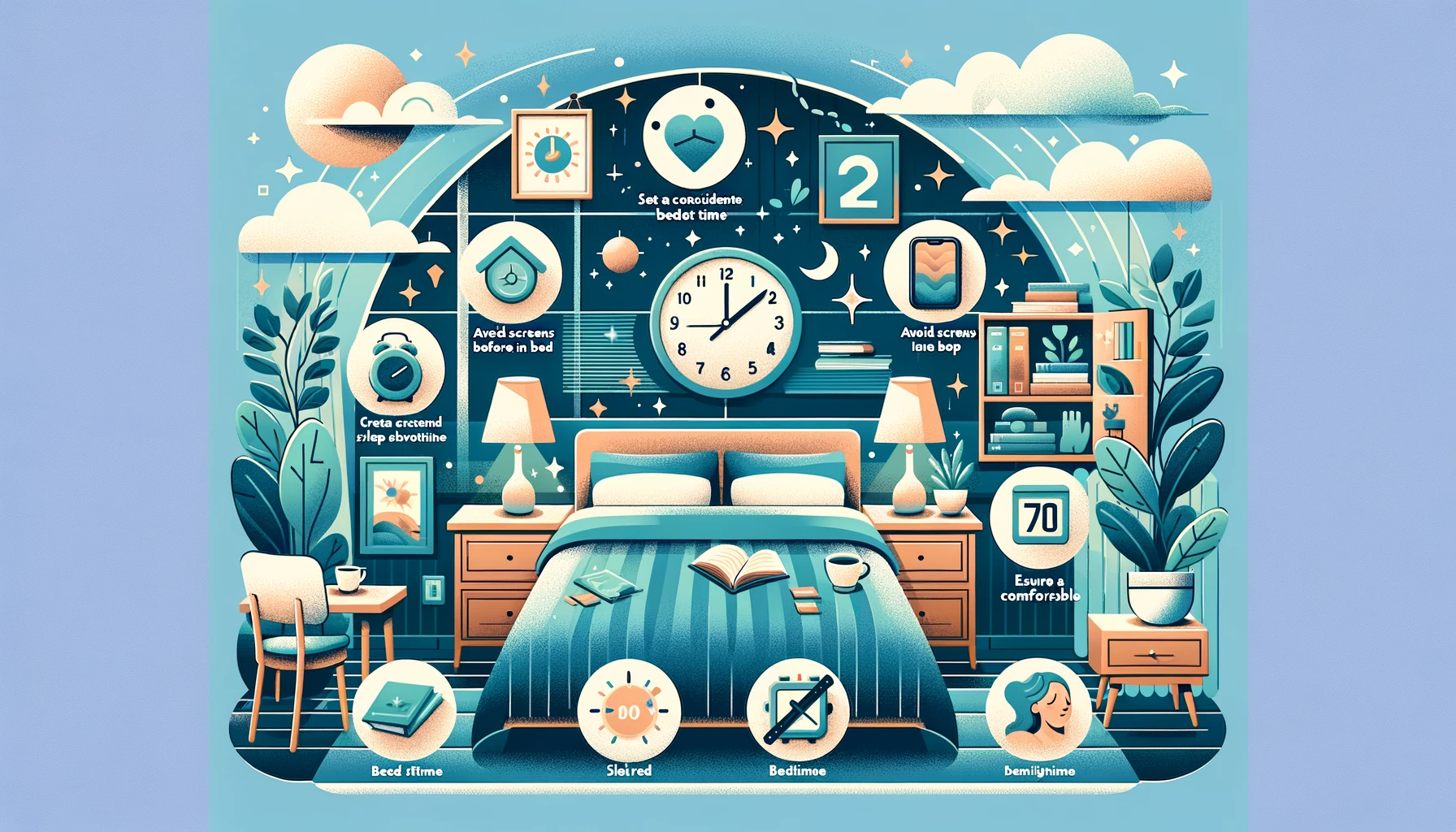Most of us know that we will spend about 30% of our lives asleep. Although it is widely known that our bodies need to sleep, there is little knowledge of why we need so much of it. This is probably the cause of a general attitude that sleep is annoying, and why so many people disregard its importance. Evolution has geared our biological clock to naturally want to rest and recuperate during the dark hours of the night in order to function properly the next day.
Insomnia is a problem that many people suffer from. On the surface, some might consider a lack of sleep as being only a nuisance in their lives, but upon further research and learning, they will discover just how serious and dangerous this condition is and can be.
Insomnia is associated to a higher risk of mental illness like depression and anxiety. When sleep disruption is associated with sustained psychological stress (from work or family etc.), an increase in cortisol levels occur in the blood. High cortisol levels in the blood suppresses the immune system, making sleep deprived and stress out individuals more susceptible to getting sick. A study conducted on a European population concluded that anxiety was associated to insomnia in 47% of people who had a history of psychiatric disorders.
For some context, insomnia inhibits our ability to learn new tasks and to perform well as humans. It is estimated that low productivity from sleep deprivation stress costs the US approximately $150 billion dollars per year. The nature of our sleep pattern has been estimated to be around 120 million years old, and probably much older. In this day and age, we’re sleeping less than ever before because of the introduction to electricity and artificial lighting that restructured our work schedules. People who work night shifts are not exposed to the natural bright light that awakens their biological clock. This population also tends to view their jobs as very stressful. Night-shift workers are more at risk of illnesses like cancer, ulcers, cardiac arrest, and are more likely to get into accidents, suffer from depression and substance abuse.
About half of the adult population is affected by occasional spells of insomnia. From this population, older folks are more at risk than young adults, and women are affected twice as much as men. 1 in 10 people suffer from chronic insomnia.
Here are a few practical tips to get your sleep schedule just right.
Practice Mindfulness
Being mindful simply means being aware of our daily thoughts, bodily sensations, feelings and surrounding area. It also means accepting our thoughts and situation without being judgmental to ourselves. Extensive research has shown that mindfulness is great for our mental stability and helps reduce stress. Being aware of negative emotions and letting them pass by without judgement works wonders on our mood and internal dialogue. It has been shown to be a strong antidepressant and positivity booster.
When we take a step back and watch our thoughts go by, we can start to recognize certain patterns. Eventually, we can catch these thoughts and let them go as quickly as they came. We can recognize signs of stress and anxiety and deal with them before they get out of hand.
Practicing mindfulness throughout the day and at night will both be beneficial to help you fall asleep. There are a few exercises you can practice that will gently calm you down and make you concentrate on you breath only. Try slowly counting backwards from 1000. When a thought pops up as you’re counting, simply acknowledge it and resume your counting. Give it a try if you’ve run out of options!
Sleep Hygiene
Having a good sleep hygiene plays a big role in falling asleep. Make sure you go to sleep at the same time every night in the same bed. It is not recommended to watch TV in bed, eat in bed, work on your bed as we only want to associate the bed with sleep and sexual activities. Make sure that your sheets are clean, that you bed is comfortable and that the room temperature is cool to avoid waking up from overheating in the middle of the night. Try not to look at screens for at least one hour before going to sleep. Reading light and calming literature like fiction is a good activity to help you doze off. Always opt for a book instead of you mobile phone. It is also not recommended to drink alcohol and caffeine or use nicotine before bed.
Hydration
Hydration is an unrecognized factor that can actually help you have a better night’s sleep. The National Sleep foundation stated that going to bed even mildly dehydrated can disrupt your sleep! Drinking enough water throughout the day is so important for overall body function. Try to drink water upon waking up instead of coffee. In the morning, your body is dehydrated from an 8+ hour drought and it needs water, not caffeine. Drink regularly throughout the day and even try to get some liquid in before getting thirsty. Have a small glass before going to bed to avoid waking up from thirst in the middle of the night.

To further enhance your sleep quality, consider these additional tips:
Create a Pre-Sleep Routine: Establish a relaxing pre-sleep routine to signal your body it’s time to wind down. This might include a warm bath, gentle stretching, or listening to soothing music.
Limit Daytime Naps: While short power naps can be beneficial, long or irregular napping during the day can negatively impact your nighttime sleep.
Exercise Regularly: Engaging in regular physical activity can help you fall asleep faster and enjoy deeper sleep. However, avoid vigorous exercise close to bedtime.
Manage Worries: Try to resolve your worries or concerns before bedtime. Writing down what’s on your mind and setting it aside for tomorrow can prevent tossing and turning.
In conclusion, understanding and prioritizing your sleep is not just a luxury—it’s a necessity for your health and well-being. By integrating mindfulness, maintaining good sleep hygiene, ensuring proper hydration, and adopting these additional practices, you can combat insomnia and enhance your overall quality of life. Remember, every night is an opportunity to restore and rejuvenate your body and mind. Embrace these practices and allow yourself the gift of restful sleep. Sweet dreams!







